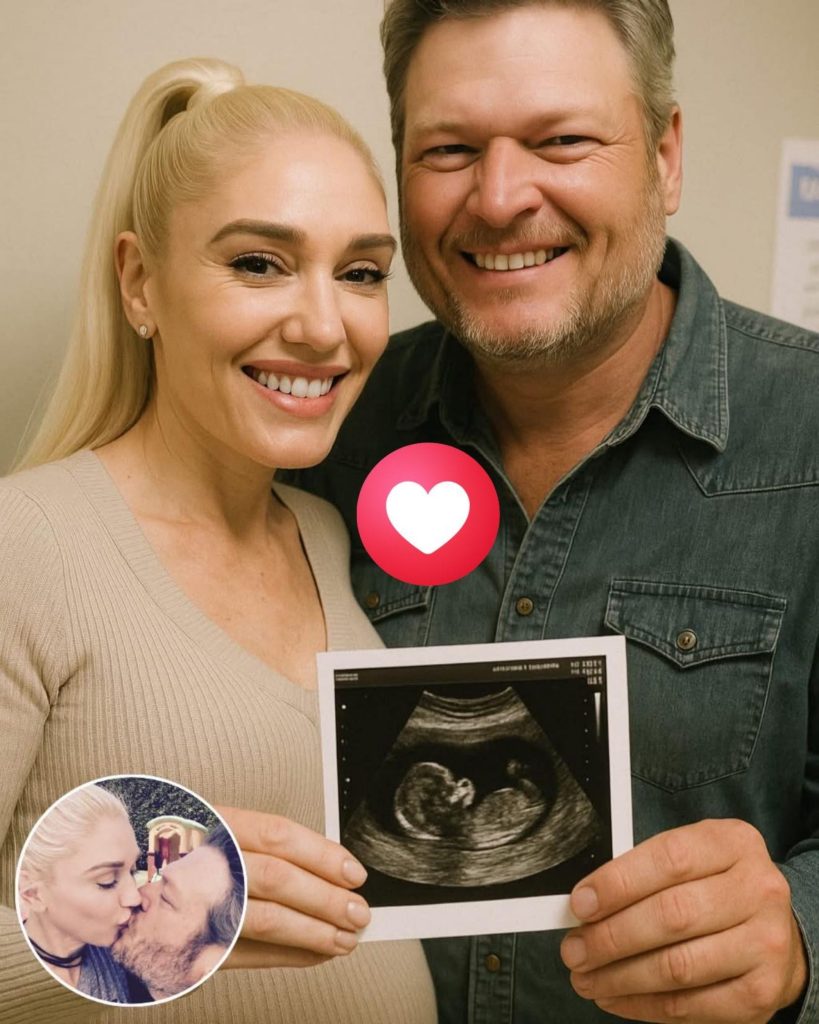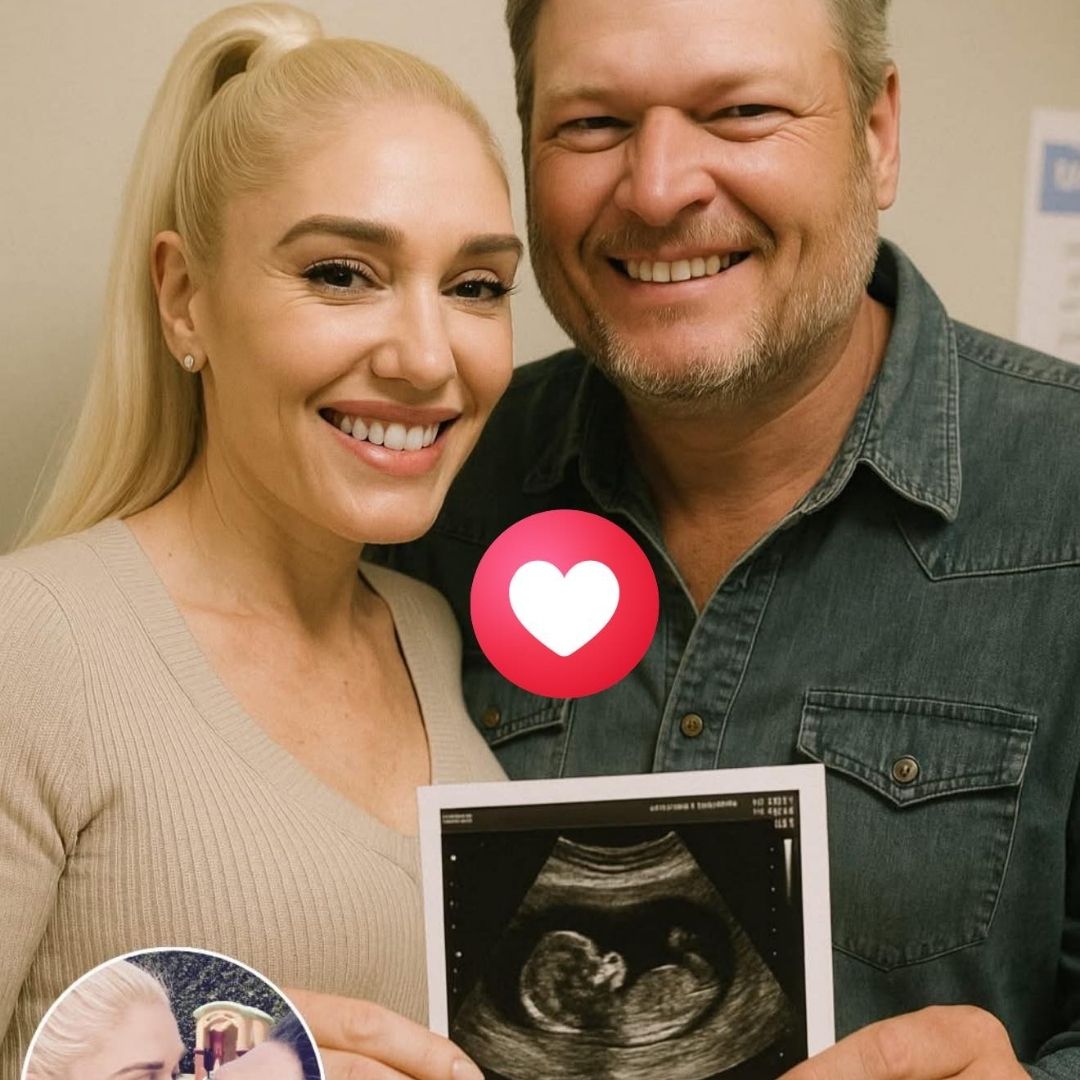
Introduction
Growing up in a small town, I remember my father strumming his guitar on quiet evenings, often humming country tunes that spoke of life’s joys and sorrows. One song that always lingered was Blake Shelton’s The Baby, a track that seemed to capture the ache of family ties and the sting of loss. Its simple yet profound storytelling struck a chord, reminding me of the stories my grandmother would share about her own family’s struggles and love. This song, released in 2002, is more than just a country hit—it’s a narrative that resonates with anyone who’s ever felt the weight of being “the baby” of the family.
About The Composition
- Title: The Baby
- Composer: Michael White and Harley Allen
- Premiere Date: October 2002 (released as a single)
- Album/Opus/Collection: The Dreamer
- Genre: Country, Contemporary Country
Background
The Baby, written by Michael White and Harley Allen, was recorded by American country music singer Blake Shelton and released as the lead single from his 2002 album The Dreamer. The song tells the story of a man, the youngest child in his family, reflecting on his relationship with his mother, who always saw him as “the baby” despite his age. The narrative builds to a poignant climax as the narrator receives a call to return to his family’s home in Louisiana, where his mother is dying, only to arrive too late. According to Wikipedia, the song became Shelton’s second number-one hit on the US Billboard Hot Country Singles and Tracks chart in early 2003, holding the top spot for three weeks. Its emotional depth and relatable storytelling resonated with audiences, cementing its place in Shelton’s early career as a defining track. The song’s inception likely drew from the universal theme of familial bonds, with Allen and White crafting a narrative that mirrors the personal experiences of many listeners. Its initial reception was strong, with fans and critics alike praising its heartfelt lyrics and Shelton’s emotive delivery. In Shelton’s repertoire, The Baby stands out as a cornerstone that showcased his ability to convey raw emotion, setting the stage for his rise as a country music star.
Musical Style
The Baby is a quintessential contemporary country ballad, characterized by its straightforward structure and emotive instrumentation. The song follows a verse-chorus form, with each verse building the narrator’s story and the chorus reinforcing the central motif of being “the baby.” The arrangement, produced with a minimalist approach, features acoustic guitar, gentle steel guitar slides, and a steady drumbeat, all of which underscore Shelton’s vocal performance. The use of soft, warm tones in the instrumentation creates an intimate atmosphere, allowing the lyrics to take center stage. A subtle key change in the final verse heightens the emotional intensity, mirroring the narrator’s growing sense of urgency and loss. Shelton’s vocal delivery, with its slight rasp and controlled dynamics, adds authenticity to the storytelling, making the song’s climax—where he arrives too late to see his mother—particularly gut-wrenching. These elements combine to create a piece that feels both personal and universal, a hallmark of country music’s storytelling tradition.
Lyrics/Libretto
The lyrics of The Baby are its heart, weaving a narrative that explores themes of family, identity, and grief. The story begins with the narrator reflecting on his role as the youngest child, always doted on by his mother as “the baby.” Lines like “She’d laugh and say, ‘Son, you’re still my baby’” capture the warmth of their bond, while later verses reveal the narrator’s life away from home and the sudden call about his mother’s illness. The final lines, “I softly kissed that lady / And cried just like a baby,” deliver a devastating emotional punch, tying the song’s title back to the narrator’s vulnerability. The lyrics’ simplicity belies their depth, using everyday language to convey profound loss. The music complements this narrative arc, with the gentle instrumentation giving way to swelling chords that amplify the sorrow. The interplay between the lyrics and music creates a cohesive story that feels like a conversation with a close friend, raw and unfiltered.
Performance History
Since its release, The Baby has been a staple in Blake Shelton’s live performances, often eliciting strong emotional responses from audiences. Its debut on the country charts in November 2002 marked it as a standout track, reaching No. 48 initially and climbing to No. 1 by February 2003. The song’s music video, directed by Peter Zavadil and premiered on CMT on December 25, 2002, further amplified its impact, using flashbacks to depict the narrator’s life and his mother’s love. Over the years, the song has remained a fan favorite, frequently cited in reviews for its authenticity and emotional resonance. While it may not be a classical piece in the traditional sense, its place in the country music canon is undeniable, representing a high point in early 2000s country storytelling. Notable performances include Shelton’s renditions at major country music festivals, where the song’s universal themes connect with diverse audiences.
Cultural Impact
Beyond its chart success, The Baby has left a lasting mark on country music and popular culture. Its exploration of familial love and loss resonates across generations, making it a go-to song for those reflecting on their own family dynamics. The song’s narrative style influenced subsequent country artists, who emulated its blend of personal storytelling and universal themes. Its music video, with its evocative imagery of family memories, helped popularize the use of cinematic storytelling in country music visuals. Outside of music, The Baby has been referenced in discussions about grief and family in media, from radio shows to online forums, where fans share how the song helped them process personal losses. Its cultural significance lies in its ability to articulate a shared human experience, making it a touchstone for country music fans and beyond.
Legacy
More than two decades after its release, The Baby remains a powerful testament to the enduring power of storytelling in music. Its relevance today lies in its timeless exploration of love, loss, and the roles we play in our families. For performers, the song offers a chance to connect deeply with audiences, while for listeners, it provides a cathartic space to reflect on their own lives. In Blake Shelton’s career, The Baby marked a pivotal moment, establishing him as a voice for heartfelt, relatable stories. Its continued presence in playlists and live sets speaks to its lasting appeal, proving that a well-told story never fades. The song’s legacy is one of emotional honesty, reminding us that even in our most vulnerable moments, we are all someone’s “baby.”
Conclusion
As I listen to The Baby now, I’m struck by how it captures the fragility of life and the bonds that hold us together. Its simplicity is its strength, allowing Blake Shelton’s voice and the song’s story to shine. I encourage readers to explore this track, perhaps through Shelton’s 2002 album The Dreamer or a live performance available on platforms like YouTube. For a particularly moving rendition, seek out Shelton’s acoustic performances, where the song’s raw emotion is laid bare. Let The Baby remind you of the people who call you their own, and take a moment to cherish them.
Video
Lyrics
My brother said that I was rotten to the core
I was the youngest child, so I got by with more
I guess she was tired by the time I came along
She’d laugh until she cried, I could do no wrong
She would always save me because I was her baby
I worked a factory in Ohio, a shrimp boat in the Bayou
I drove a truck in Birmingham, turned 21 in Cincinnati
I called home to mom and daddy, I said your boy is now a man
She said I don’t care if you’re 80, you’ll always be my baby
She loved that photograph of our whole family
She’d always point us out for all her friends to see
That’s Greg he’s doing great, he really loves his job
Ronnie with his two kids, how ’bout that wife he’s got
And that one’s kinda crazy, but that one is my baby
I got a call in Alabama, said come on home to Louisiana
And come as fast as you can fly
‘Cause your momma really needs you, and says she’s got to see you
She might not make it through the night
The whole way I drove 80, so she could see her baby
She looked like she was sleepin’ and my family had been weepin’
By the time that I got to her side
And I knew that she’d been taken and my heart it was breakin’
I never got to say goodbye
I softly kissed that lady and cried just like a baby
